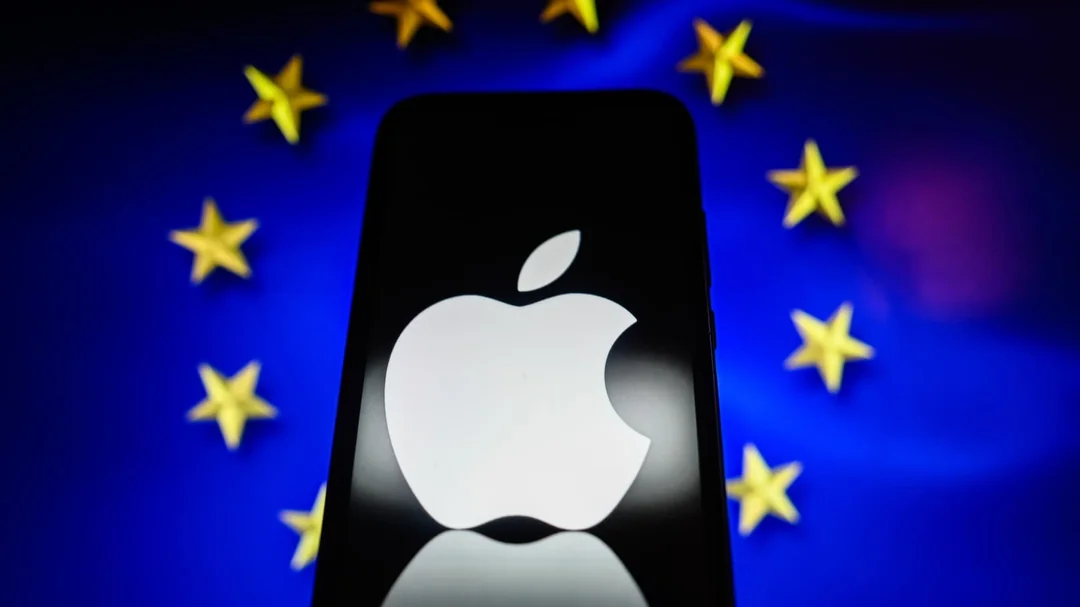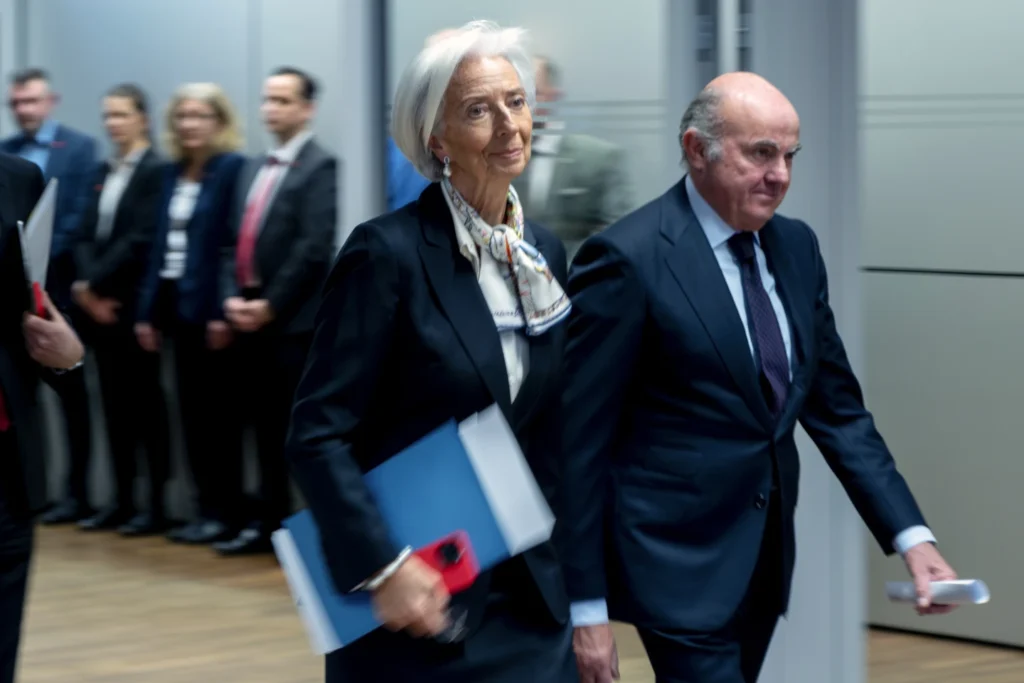Apple Loses €13 Billion Tax Appeal: EU Victory Over Ireland’s Controversial Deal

Apple has lost its appeal against the European Commission’s landmark decision that it must repay €13 billion in back taxes to Ireland. The ruling marks a significant victory for the EU’s competition watchdog in a high-stakes battle over corporate tax arrangements, setting a precedent in the fight against tax evasion by multinational corporations.
The case, led by the EU’s antitrust chief Margrethe Vestager, has shone a spotlight on the complex and often controversial tax deals that tech giants have enjoyed in Europe.
EU Competition Ruling: A Landmark Decision
The case began in 2016 when the European Commission ruled that Ireland had granted illegal tax benefits to Apple worth up to €13 billion. The Commission’s decision was based on the finding that Apple’s effective tax rate in Ireland had been as low as 0.005% in some years, which amounted to unlawful state aid.
This EU competition ruling was a significant step in cracking down on tax avoidance strategies that allowed major companies to minimise their tax liabilities through preferential deals.
Apple tax evasion case with European Union
Apple and Ireland both appealed the decision, arguing that Apple had complied with tax laws and had paid all required taxes in Ireland. They claimed the EU had overstepped its jurisdiction and was interfering with national tax sovereignty.
Also Read: EU Court Rules Against Apple’s €13 Billion Sweetheart Deal with Ireland in Major Tax Case
However, the EU’s General Court sided with the European Commission, stating that the preferential tax treatment amounted to a breach of EU state aid rules. The court’s judgement reinforced the importance of fair competition across the bloc and sent a clear message to companies benefiting from favourable tax arrangements.
€13 Billion Tax Repayment Ruling
The €13 billion tax repayment ruling underscores the EU’s commitment to ensuring that all companies, regardless of size, pay their fair share of taxes. Margrethe Vestager’s stance in the Apple tax evasion case with the European Union has been seen as a bold move against what the EU perceives as tax avoidance tactics that undermine the single market.
This landmark EU competition ruling not only impacts Apple but also sets a precedent for how the EU will handle similar cases in the future.
Apple’s Tax Benefits in Ireland Overturned: A Blow to Business
Apple’s tax benefits in Ireland overturned by the EU’s decision is a significant blow to both the company and Ireland’s reputation as a low-tax destination for multinational firms.
For years, Ireland has attracted global corporations with its favourable tax policies, creating thousands of jobs and significant economic growth. However, this ruling suggests that such tax arrangements can be challenged if they violate EU competition laws.
Ireland’s finance minister expressed disappointment with the court’s decision, emphasising that Ireland’s tax system is transparent and that no special treatment was granted to Apple. The Irish government argued that this ruling could damage its status as an attractive location for foreign investment.
Also Read: Massive Strikes by Ireland’s Construction Workers Disrupt the Country’s Biggest Projects
Despite these concerns, the EU competition ruling highlights that maintaining a level playing field is critical, and preferential tax deals cannot come at the expense of fair competition.
Apple, on the other hand, continues to deny any wrongdoing. The tech giant argued that it paid all the taxes it owed and insisted that the real issue was not its tax practices but rather the EU’s attempt to rewrite Irish tax laws. Despite its objections, the €13 billion tax repayment will remain a pivotal point in the ongoing discourse on corporate taxation in Europe.
Margrethe Vestager Apple Tax Ruling: A Turning Point for EU Tax Policy
Margrethe Vestager Apple tax ruling is widely seen as a turning point in EU tax policy. Vestager has been a vocal advocate for fair taxation and has targeted several major corporations that she believes are exploiting loopholes to avoid taxes.
Her success in the Apple tax evasion case with the European Union has empowered the Commission to pursue further actions against other companies benefiting from similar tax arrangements.
As the European Union continues to tighten its stance on corporate tax avoidance, the implications of the €13 billion tax repayment case extend far beyond Apple. It signals a broader push towards transparency, accountability, and fairness in the way multinational companies are taxed.
The ruling is a reminder that even the world’s largest companies must comply with rules designed to ensure fair competition and prevent tax evasion.
The EU’s victory in this case sends a powerful message to businesses and governments alike: preferential treatment and tax loopholes that distort the market will not be tolerated. As the dust settles, this case will likely influence future tax negotiations and shape the landscape of corporate taxation within the European Union.
LATEST NEWS
DISCOVER MORE






